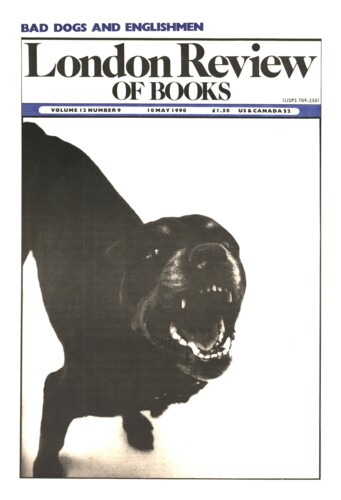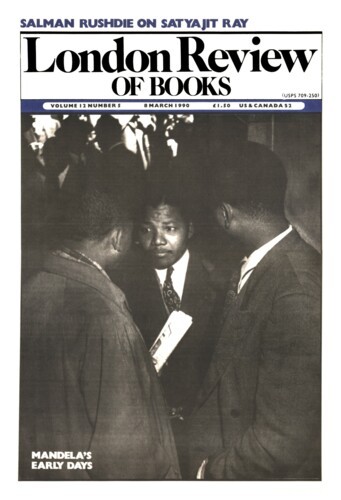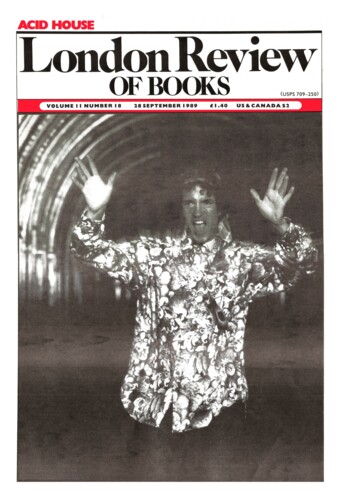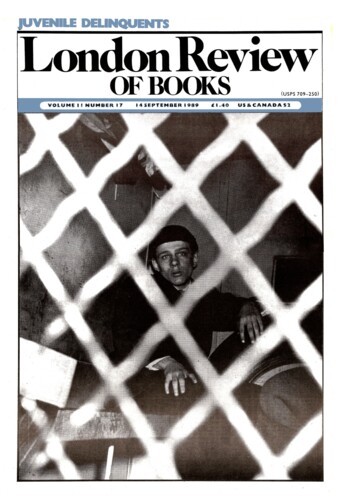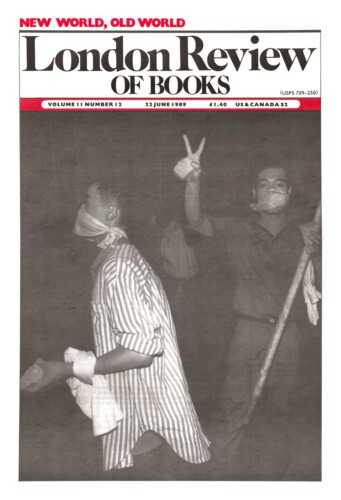5 November 1988. In the Madison suite of Sacha’s Hotel in Manchester (motto: ‘Sacha’s Only Looks Expensive’), Paul Williams recalls an unrewarding encounter with Bob Dylan: ‘But I shook his hand which was … and this was at the beginning of the tour … and things changed significantly during the tour … he became more sociable, I’ve been talking to a number of people who did see him backstage later on in the tour, but, uh, his hand was very very soft, and it was … it’s hard to describe – I don’t mean limp, but … like a pillow, and the man himself … now, I didn’t look at him for very long, and I’m not very visually-oriented, but it’s … it was as though his head was very large. And it was just, you know … it was a little bit ghostlike … and, umm, and it was one of those … you know, I mean he was friendly but it was totally, like you’re not, you know, you’re not necessarily really there.’ The soft hand so hard to describe was extended to Williams earlier in the year. Williams had met Dylan in 1966 and 1980, and describes Dylan on these occassions as less big-headed and more ‘really there’, ready to ‘see him backstage’ and even dedicate the only live performance of ‘Caribbean Wind’ to him. Williams speaks for 90 minutes to a packed, and rapt, audience. He has been in the presence. He is the next best thing.
He isn’t even here. A trace of resentment lingers in this recognition, the ghost of a rebuke: he couldn’t be bothered to come to his own party. Three hundred and eighty of us could be bothered: yet the whole convention was built around the fact that everyone knew Dylan wouldn’t be coming: substitution and displacement were therefore the order of the day.
